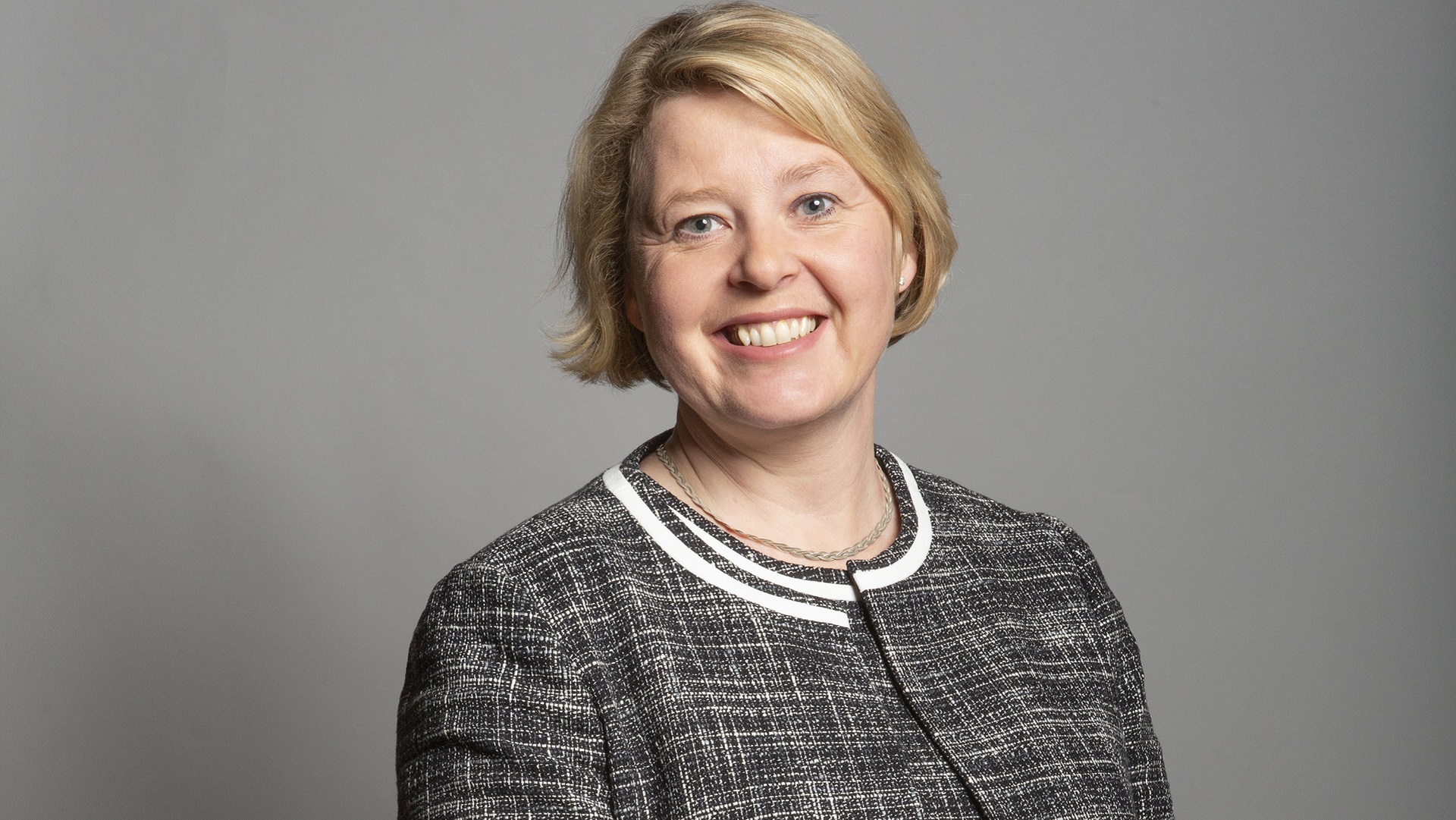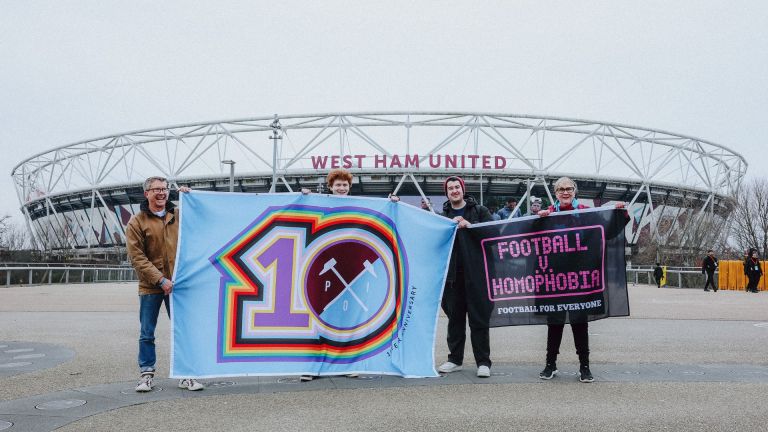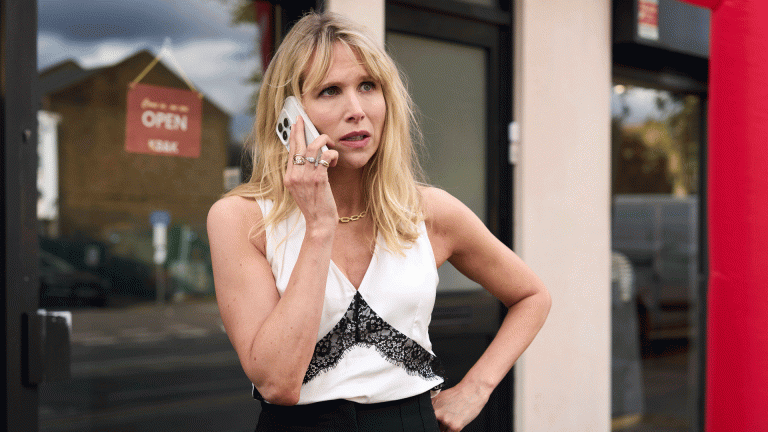But what about the other 10 per cent?
Throughout the first lockdown Westminster continued to see around 100 people refuse help and remain on the street. I saw many of them and they were clearly very ill with serious addiction and mental health problems.
Having witnessed what I did and having spoken to former rough sleepers, outreach workers and other experts it is clear that if we are to end rough sleeping for good then a fundamental shake up of mental health services is required.
Even on the coldest day of the year, and during adverse weather conditions brought by the likes of the Beast from the East in 2018, a considerable number of people choose to ignore the no questions asked help of a hot meal and a roof over their heads – whether in local authority accommodation, a church, a community centre or a mosque. They are so fearful, mistrusting or often mentally unwell that they prefer to remain outside in below zero temperatures.
If we get this right, it will end the revolving door that too many rough sleepers currently experience
We need to replace the Vagrancy Act with laws that take a more assertive outreach approach. We need to offer greater social care and specialist medical support alongside the safety of a bed. That includes an addiction councillor, the psychiatric help, and the medical support for those who have suffered after years of sleeping rough.
There are currently around 400 beds available each night in Westminster for rough sleepers. However, those beds rarely come with the vital health services required to turn a person’s life around and address often years and decades of abuse and addiction.
Advertising helps fund Big Issue’s mission to end poverty
Charities, including The Passage, Crisis and St Mungo’s have highlighted that outreach workers today find it near impossible to secure mental health assessments for rough sleepers. We know that many on the street have complex needs. Some do not have the mental health capacity to make decisions for their own well-being or to accept the help on offer. If this approach is to work, we need to overhaul the mental health threshold. We need to allow outreach workers, working in partnership with specialist homelessness mental health teams, to undertake assessments on the street and make the decision on their behalf. We need rapid access to specialist bed spaces and the required health services attached to that bed.
At present a rough sleeper’s mental state has to become so acute – to the point that he or she is self-harming, or at risk of doing so, and the police need to take emergency action – before they can have a mental health assessment. By that stage it is far too late, which is why we need an assertive outreach approach.
And we must back it up with long term, sustainable funding. Local authorities and charities need to know Government funding for such services will be for at least three years rather than the current annual basis.
If we get this right, it will end the revolving door that too many rough sleepers currently experience whereby they accept outreach help, are placed in a hostel and eventually into their own accommodation – but too often find themselves back on the streets because their underlying mental health or addictions have not been tackled.
The Government is obviously willing and able to end rough sleeping. Repealing and replacing the Vagrancy Act, longer term funding attaching health services to accommodation, and re-establishing street-based mental health services will do that very thing.
Advertising helps fund Big Issue’s mission to end poverty
Nickie Aiken is the Conservative MP for Cities of London and Westminster










